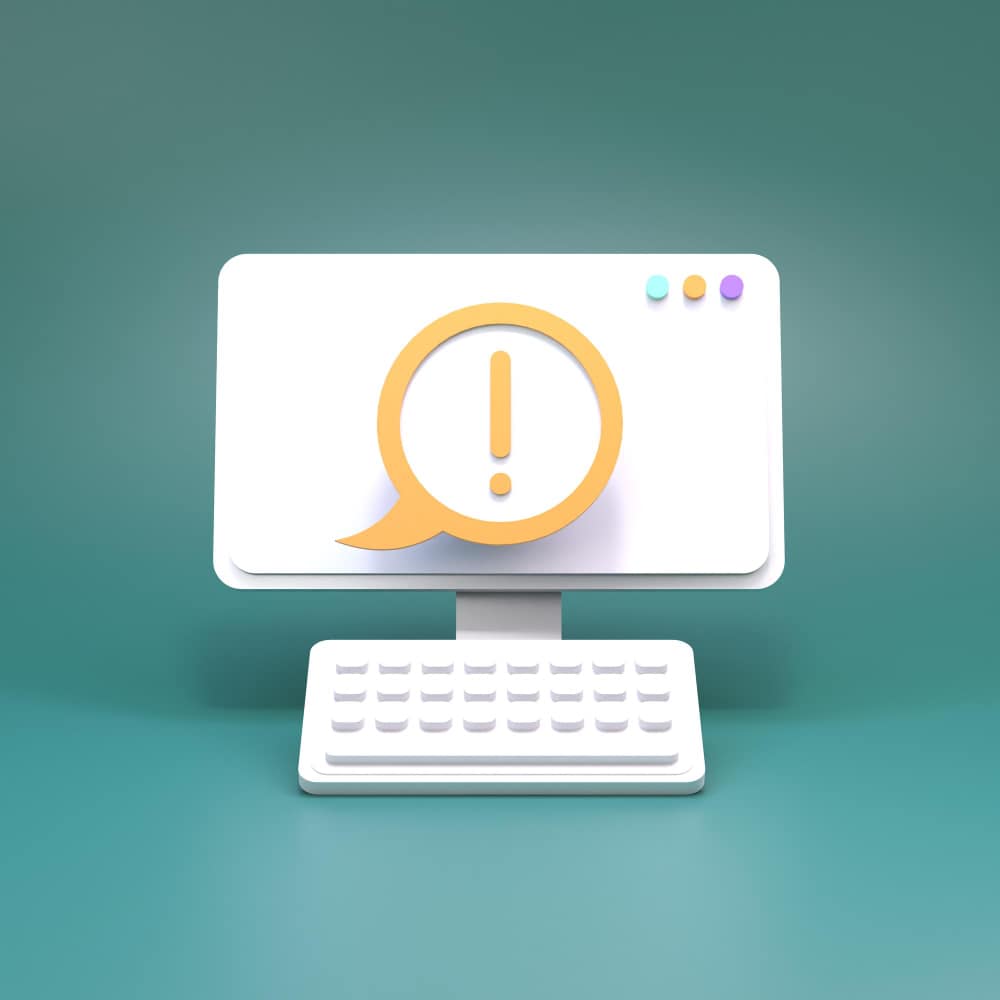
Mental health: What you need to know
Mental health: What you need to know
Mental health is a topic that is often kept hidden and taboo. But it's important that everyone knows what to do if they experience any form of mental health issue. In this post, we are going to discuss some of the most common mental health issues and how you can identify them. We will also offer some advice on how to deal with them and how to get the support you need. Mental health isn't a taboo topic anymore. It's time that we start talking about it and that we start providing the support that is needed to help people heal. So buckle up, it's going to be a bumpy ride!
1. What is mental health?
Mental health is a term used to describe the emotional well-being of an individual. Mental health can be affected by a number of things, including stress, anxiety, depression, and bipolar disorder.
Mental health disorders are treatable conditions that can be managed with the help of a mental health professional. If you or someone you know is in need of mental health assistance, please don't hesitate to reach out. There are many resources available to help.
2. What causes mental health problems?
There are many things that can cause mental health problems. Some of the causes include genetics, environment, stress, and trauma.
Mental health problems can be incredibly debilitating, and can have a huge impact on the person's life. If you or someone you know is struggling with mental health problems, there are ways to get help.
There are many resources available, including hotlines, counseling, and therapy. You can also seek out support groups or online communities. If you're feeling suicidal, you should talk to a professional immediately.
3. How can mental health be treated?
There are many ways to treat mental health disorders, and each person will respond to treatment differently. But some common treatments include medication, talk therapy, Cognitive Behavioural Therapy (CBT), mindfulness, and social support.
Some people may find that medication is the best treatment for them, while others may find that talk therapy is the best option. CBT may be helpful for some people, while others may find that mindfulness or social support is the best way to deal with their mental health issues.
No one approach is right for everyone, and it's important to find a treatment that works for you. If you're not sure what to do, or you're not sure where to go for help, please don't hesitate to reach out to a professional. There are many resources available to help you get the help you need.
4. What are the warning signs of mental health problems?
If you're feeling down, there's a good chance you're not alone. Mental health is a topic that's often taboo, but it's something that needs to be talked about.
There are a few warning signs you should look for if you're concerned about your mental health. Here are a few to watch for:
1. Change in sleep habits: If you're not sleeping well, that can be a sign that you're stressed or anxious.
2. Withdrawal from friends and family: If you're isolating yourself from your loved ones, that could be a sign that something is wrong.
3. Changes in eating habits: If you're eating more or less than you normally do, that could be a sign that you're feeling stressed or anxious.
4. Changes in mood: If you're feeling a lot of different emotions, that could be a sign that you're stressed or anxious.
5. Rumination: If you're constantly thinking about the same thing, that could be a sign that you're stressed or anxious.
6. Loss of interest in activities you used to enjoy: If you're not enjoying your hobbies or activities as much as you used to, that could be a sign that you're stressed or anxious.
7. Feelings of worthlessness: If you feel like you're not good enough, that could be a sign that you're stressed or anxious.
8. Insomnia: If you're not getting enough sleep, that could be a sign that you're stressed or anxious.
9. Increased anxiety: If you're feeling more anxious than usual, that could be a sign that you're stressed or anxious.
10. Changed eating habits: If you're eating more or less than you usually do, that could be a sign that you're feeling stressed or anxious.
5. What can you do if you or someone you know is struggling with mental health?
Mental health is an issue that affects everyone at one time or another. From anxiety to depression, it can be hard to know what to do if you or someone you know is struggling. Here are a few things you can do to help.
If you're struggling, it's important to talk to someone. Whether it's a friend, family member, or therapist, talking about mental health can be really helpful. It can also help to talk about the struggles openly so you're not alone and you can find support.
If you're worried about someone you know, it's important to take action. If you think the person is in danger, call the police. If you think the person is suicidal, call a suicide hotline.
If you or someone you know is struggling with mental health, it's important to reach out for help. There are a lot of resources out there, and you should try to find the one that's best for you.
6. resources for mental health
There are many resources available for mental health. Some of these resources are online, while others are in person or through phone calls. You can also find mental health resources through books, articles, and mental health websites.
When looking for mental health resources, be sure to ask your friends, family, and professionals for recommendations. You may be surprised at how much you already know about mental health and how much you can help someone else.
Some of the most important resources for mental health are:
–The National Alliance on Mental Illness (NAMI) website is a great place to start for information on mental health and resources.
-The National Suicide Prevention Lifeline is a 24/7 suicide prevention hotline that you can call for help.
-Mental Health America is a national, nonprofit organization that provides information and resources on mental health.
-The website Mental Health America: Your Guide to Better Mental Health offers information on a variety of mental health topics, including depression, anxiety, bipolar disorder, and schizophrenia.
-The website Better Mental Health has articles on a variety of mental health topics, as well as information on how to seek help, how to talk to your kids about mental health, and more.
-The website Mental Health America: Teen Edition offers information on mental health for teenagers.
-The websiteMental Health America: LGBT+ Edition offers information on mental health for lesbian, gay, bisexual, transgender, and questioning (LGBTQ) people.
-The website The Five Love Languages has information on how to love others well and improve mental health.
7. helplines for mental health
Mental health is a topic that is often taboo, and for good reason. It can be a very personal subject and one that can be difficult to discuss. But, as a society, we need to start talking about it more.
There are a number of helplines available for people who are struggling with their mental health. These helplines are staffed by trained professionals who can offer support and advice.
If you're feeling low, or if you're worried about someone you know, it's important to get help. There's no shame in seeking professional help.
8. things to remember if you are struggling with mental health
If you're struggling with mental health, there are a few things you need to remember.
1. Don't be ashamed.
There's a lot of stigma associated with mental health, which is completely wrong. Mental health is just like any other health condition. You're not alone, and there's no need to be ashamed.
2. Talk to someone.
Talking to someone can be really helpful. It can help you to feel less alone and can help you to get the support you need.
3. Remember that you're not alone.
There are millions of people around the world who are struggling with mental health issues, and you're not alone.
4. Don't be afraid to seek help.
If you need help, don't be afraid to reach out for it. There are a lot of resources out there, and you'll be able to find the help you need.
5. Remember that you're worth it.
You're worth it. You are worth the effort to get better.
9. Taking action to improve mental health
We are living in a time where mental health is becoming more and more of an issue. With the rise of social media, smartphones, and a general lack of privacy, people are going through more and more stress.
Mental health is not just a problem for adults-it affects children, teenagers, and even unborn babies.
The good news is that there are many things you can do to improve your mental health. Here are a few tips:
1.Talk to someone-If you're feeling down or have any questions, talking to a friend or family member can be a great way to get things off your chest.
2. Get enough sleep-Getting enough sleep is essential for your mental health. Not getting enough sleep can lead to a number of problems, including mood swings, headaches, and even depression.
3. Exercise-Exercise releases endorphins, which are hormones that improve mood.
4. Connect with nature- Spending time outdoors in nature is a great way to relax and de-stress.
5. Take breaks-If you're feeling overwhelmed and can't take any more stress, take a break for 30 minutes or so. This will help you come back with a fresh perspective.
6. Eat healthy-Eating healthy not only keeps your body healthy, but it can also improve your mood.
7. Get a good night's sleep-If you're struggling to get a good night's sleep, try some of these tips: avoid caffeine after 2 p.m., avoid screens in the bedroom, avoid working on the computer in bed, and make sure the bedroom is dark and quiet.
8. Get help-If you feel like you need professional help, there are many resources available.
9. Be patient-Mental health is a journey, not a destination. It takes time and effort to improve, but it's worth it.
10. Concluding remarks
Mental health is an important topic to discuss, especially given the current social climate and the stigma that still surrounds it.
While it is still considered taboo to openly talk about mental health, there are some key things that everyone should know in order to help support someone who is struggling.
First and foremost, it is important to be supportive and understanding. No one deserves to be treated poorly or made to feel like they are somehow to blame for their mental health condition. If you are struggling, do not hesitate to reach out for help. There are many resources available, both online and in person.
Mental health is an important topic that deserves to be talked about more. Too often, people remain silent about their mental health problems because they are afraid of how others willreact. However, speaking out is the first step in overcoming mental health problems. In this blog post, we discuss some of the most common signs and symptoms of mental health problems, and what you can do to get help. We hope that this post has helped you understand mental health a little better, and that you will now feel more comfortable talking about it with your friends and family. Thank you for reading.
------------------------------
































